|
I was delighted to chair the inaugural meeting of the Open Data Governance Board in Dublin last Tuesday. It was great that Minister for Public Expenditure and Reform, Brendan Howlin TD, was able to join us to outline his views on the importance of open data as a key element of the Irish Government's Reform Agenda.
Head of the Open Data Unit, Evelyn O'Connor, gave the Board a comprehensive background briefing on the progress made to date as well as the challenges facing the Irish public service in delivering open data that meets real user needs. I followed that with a short summary of my thoughts fairly self explanatory from the presentation below.
Full summary of the meeting here and agreed next steps. For the next few months I'll be managing the Twitter account
So get in touch if you'd like to talk to me about open data in Ireland or you can email me at odgbireland@gmail.com
1 Comment
I’ve ben following the #wakingthefeminists debate in Ireland which was the social media response to the recent announcement of The Abbey Theatre 2016 Programme which, unfortunately, had only one play written by a woman of the ten plays programmed in total. I’ll raise my hand here and declare that I am an old friend of the Artistic Director Fiach MacConghail and given the activity on Twitter had reason to remember that I’d been the person who suggested he should join the platform several years ago. I work with a lot of senior people around digital literacy some of which includes encouraging them to use social media to provide more open leadership. A key sign of course of whether they get it or not is how they behave when things don’t go as they might have liked. Do they stay open and accessible? Or do they suddenly become silent? So the debate was a testing one in this regard and I think it is to his credit that Fiach did not become suddenly incommunicado. I was also struck by the differences in the arts and culture sector and the gaming/tech sector. In the latter women who declare themselves feminists or express forcible options become the subject of horrendous abuse and trolling as evidenced by the whole #gamergate saga something that was covered in last years brilliant Inspirefest and which I wrote about in my blog Stamping Feet of Social Sword. While I’m sure there has been some negative feedback to the women participating in the campaign, what’s been amazing to see has been the open solidarity expressed around the world by so many women for Irish women playwrights and the need for greater gender parity in the arts.
Today Minister Brendan Howlin, Minister for Public Expenditure and Reform in Ireland, announced the make up of the newly established Open Data Governance Board with responsibility for advising the Irish Government on its national strategy for open data. I’m absolutely delighted that I’ve been asked to chair the board in the company of a group of very able and talented board members. Since leaving Ireland in 2005 most of my work has been concentrated in the UK and other countries so I very much welcome and am excited about the opportunity to be able to bring home the experience that I’ve gained in the field of open data and innovation. As part of my work setting up The London Datastore when working for the Mayor of London in the GLA, and indeed in my regular work in my own SME TransportAPI, I’ve seen first hand the innovation and economic stimulus that can happen when public bodies make their data open for reuse by third parties. But I’ve also gained lots of experience about the difficulties that public bodies face in dealing with the challenges of data release some of which stems from the nature of risk averse organisations that can struggle with the demands of a digital economy that require an open data national digital infrastructure and their own risk averse structures. This is nothing new. It reflects the difficulties that all bureaucracies have in moving from command and control models to becoming full members of a networked society. Ireland has already made good strides in its open data journey with the establishment of its open data portal and regionally with the establishment of Dublinlinked and the forerunner of all of them through the work of Dominic Byrne with the establishment of the first Irish local government data portal Open Data Fingal. I take particular pleasure in the existence of the latter given my previous role as Communications Manager for that authority. But as we look forward it is also worth looking back and my touchstone for open data has always been and remains the three laws of open data as articulated by Canadian open data activist David Eaves. If it can’t be spidered or indexed, it doesn’t exist While it would be wrong of me to dictate the direction of travel without the collaboration of my fellow Board Members I would like to flag from the outset that a primary focus for me personally will be to understand how many of the datasets currently released in Ireland meet these conditions. One of the key things that I took from the technology community in London when we asked them what should we do about releasing open data in London was their suggestion to “Go Ugly Early” meaning to release what data sets we could without worrying too much about their quality. At the time they told me “as long as they are not PDF just release and we can fix as we go along”. That was very valuable advice at the time for two important reasons. (a) it allowed the open data movement in London to achieve momentum without too many arguments about formats. (b) it suggested a collaborative way of working note the use of the word “we” i.e. government and civil society (the latter represented by civic activists and hackers) working together. Another way of looking at this is “good enough beats perfect” so I guess what I’m saying here is that one of the ambitions of the Open Data Governance Board will be to ensure that in the first instance what we have is good enough and that we provide the leadership in time to make things perfect for the entrepreneurial community who are the primary users of this data in the first instance.
The second and equally important element of open data is of course accountability and transparency. We live in an era when trust in institutions is low and the release of open public data can be a part of the restoration of that trust. In 1913 Louis Brandeis, then a member of the US Supreme Court, dubbed “the people’s lawyer” because of his work on free legal aid coined the phrase “sunlight is the best disinfectant”. While not all citizens (and I include myself in that) may be able to understand and wrangle with large datasets filled with numbers and statistics the willingness of government to release its data for public scrutiny and debate has to be the cornerstone of any modern democracy. Ireland is part of a global moment in this regard with initiatives such as Code for All Ireland which was influenced by the excellent work started by Code for America. In our networked world we are lucky to be able to connect over social media to our open government partners worldwide and of course our membership of the Open Government Partnership provides further resources from which we can draw. I hope that the establishment of the Open Data Governance Board will give new impetus to the open data movement in Ireland and to the emerging players in civil society who have so much to bring to the table. As they say in Ireland “Come One Come All”. I look forward to the lively and innovative discussions ahead and to the wise counsel that will come not just from my fellow Board Members but from those in the open data community interested in how the release of open data can achieve its twin aims of accountability and transparency and the economic stimulus that can contribute to the further economic recovery of the country. The last few months have seen a huge amount of discussion on the future of the European Union with events in Greece putting views in sharp focus. In the UK citizens will have a chance to make their views known in the referendum to be held by the end of 2017. We have some time therefore to reflect on the benefits and realities of living in the Union before we make our way to the ballot box. So it's timely that open data should have a role in examining what we as Europeans currently think of life in Europe. The #EUlife AppChallenge is a competition, running from 1st July 2015 to 30th September 2015 to encourage you to develop innovative new apps using European Quality of Life open data that has been published with help from Eurofound and the UK Data Service .The data includes survey responses from across Europe (including all EU countries, Turkey and Iceland). The European Quality of Life Survey is conducted every four years (they have published 2007 and 2011) including:
I'm delighted to be one of the judges for the challenge and I'd really like to encourage people to access the data and create an app that uses this open data, perhaps with other open data that you already work with, to create something innovative and exciting that will have a real impact on society and helps further our understanding of how people feel, work and play together across Europe.
The AppChallenge have worked with Eurofound, who own the data, and the UK Data Service who are experts in cleansing and preparing data for use. If you’re not sure where to start, don’t worry the organizers have put together a series of tutorials that take you through using the API that they have built to creating your first app with Python or Javascript. You don’t need any expensive tools as they are using a text editor and the Internet so it doesn’t get much simpler than that! Anyone can enter, from anywhere in the world. We’re interested in your ideas. The dataset doesn’t just cover the European Union. It also covers countries that are being considered for membership in the future. You can access the data here using the API Explorer or find out more about the challenge here. There is £15,000 available in prizes and the challenge closes on the 30th September. So spread the word and lets get some interesting insights on the state of the Union.
I spent an amazing last Thursday and Friday in Dublin attending Inspirefest2015 (hint the clue is in the name). Many tech conferences promise us inspiration but more often than not the experience is framed in ways we’re not always comfortable with as women in the industry. Here’s how it usually rolls (brilliantly encapsulated by the wonderful Brianna Wu)
Inspirefest2015 couldn't have been more different with over 75% of women speakers. I don’t intend to describe the content of those amazing days since you can access all of that here and I would urge everyone to do just that, but I did want to make some personal observations.
I can probably count on the fingers of one hand the number of times in my life that I have been moved to actual tears at an event or conference and that includes a substantial proportion of my career in the arts (probably a more rich hunting ground for emotion than tech). But twice during Inspirefest2015 I found the stories tumbling from the stage hugely emotional though those stories were told by two women generations apart but whose experiences in the end were very much the same.
The first came in the fantastic talk given by 71 year old Northern Irish Astrophysicist, Dame Jocelyn Bell Burnell describing her student life in Glasgow where for the final two years of her degree she was the sole female in her class. University “tradition” at that time in Glasgow dictated that every time a female student entered the lecture hall the male students would collectively stamp their feet, shouting and roaring until the noise reached a crescendo. There was something in the way she simply said “every day, for two years I dealt with that on my own” that I found profoundly moving.
The flip side of the same coin came on Day 2 from game developer Brianna Wu the subject of so many death and rape threats arising from the Gamergate controversy. While the two women could not have been more different there was an eerie synergy as Brianna described being under constant and horrendous assault on social media to the point of suffering post traumatic stress syndrome. Her roll call of women she considers heroes and why was hugely powerful moving the delegates to their feet for a standing ovation.
The internet allows an amplification of abuse that simply was not possible in the 1960’s in Glasgow but in reality the intent of the stamping feet and social sword are the same. It is to say to women “This is our world, you are not welcome here, you will not disrupt our status quo”.
To find the answer as to why things have not moved on for women in technology perhaps we should follow the money? The talk given by Sharon Vosmek, CEO of ASTIA was brilliantly insightful on this point. Despite strong evidence that companies made up of both senior men and women financially outperform those composed solely of men, male entrepreneurs are 68% more likely to get funding than women. So if the research shows that for companies across all sectors with the most women on their boards of directors significantly and consistently outperform those with no female representation (by 41% in terms of return on equity and by 56% in terms of operating results) why was only 10% of VC investment in Silicon Valley in the past 15 years invested in companies with women CEO's? One can only conclude that its not just unconscious bias - but conscious bias against women. Dame Jocelyn finished her talk on Day 1 with the quote "Well behaved women seldom make history" which was the perfect cue for the wonderfully badly behaved Cindy Gallop to take to the stage to close the proceedings.
In a 30 minute tour de force with more quotable quotes than you could shake a stick at she shared her vision of women making huge exits from start ups becoming in turn women who invest in other women entrepreneurs. It felt like a rallying call for a movement and one that I hope to be part of. "You'll never change the future if you care what people think" she said a sentiment that spoke to the need for women to have confidence and self belief above all else.
On a final note it would be remiss of me not to mention the refreshing and total difference in atmosphere, style and presentation between Inspirefest2015 and so, so many other tech conferences I’ve attended over the years. Instead of the usual young white males striding the conference stage with earpieces cocked and pitches filled with hubris we were treated to speakers who were there to share their knowledge and experience. Or to put it another way - it was never about them - it was all about us.
Ann O Dea and her team in Silicon Republic have raised the bar without a shadow of a doubt not only in Dublin but globally. So for those who say “we can’t find enough women speakers for our tech conferences” I can only say - Really? Really?
Photos by Conor McCabe
I was reading this Guardian article (Unconnected And Out of Work: the vicious circle of having no internet) last Saturday morning on my Kindle Fire in bed. Not on an iPad (I decided not to get a new iPad when my last one died because I wanted to be free of lock-in and hey the Kindle Fire was so cheap. Right?) Me mentioning those choices will become clear in a while but for now suffice it to say I was really outraged by the Guardian piece. Not for any other reason than I should have known better. I've worked at local, regional and central government level but it's been some time since I've had to confront my own total lack of awareness. To be honest I felt ashamed. One of the essays I wrote for my MPA in Warwick in 2010 for my public policy module was called ASBO's - The Criminalization of Social Policy? It predated the debate on policy vs action/iteration set out here by Mike Bracken in his Institute for Government talk The Strategy is Delivery or indeed Tom Loosemore's Code for America tour de force Digital Government: Not Complicated Just Hard but hey I was working in local government when I wrote it - so I was coming from a slightly different place. It articulated the 9 principles of professional policy making for the twenty first century (1999) which I agreed with. Policymaking should be:
For the purpose of the essay I defined successful policy as one which delivered the intended outcomes for those for whom the policy was evolved in the first place (without unintended negative consequences to others). My essay studied policy development under New Labour in relation to crime and anti-social behaviour focusing on ASBO's and asking whether they represented the criminalization of social policy epitomizing authoritarian rather than communitarian government? I contrasted this with the work of philosopher Jonathan Wolff whose model of disadvantage was developed from the original "capability approach" developed by Nussbaum and Sen . And it was all in the context of believing that those who had gone into government had done so to to good not evil (my rationalization of a life in public policy work). I won't bore you with the details of my research but here's is what I found in relation to ASBO's.
Jack Straw made a clear statement to Parliament on the 16th March 1999, that the Crime and Disorder Act introducing ASBO's was compliant with the European Court of Human Rights convention but in fact, certain conditions and prohibitions which were features of the ASBO were actually in breach of children's rights under Articles 8, 10 and 11 of the ECHR. These included preventative prohibitions such as access to public space and assembling on a housing estate since preventative prohibitions “not only ban repetition of the anti social behaviour, they also ban conduct which is necessary prior to it....to the extent that such orders extend beyond prohibiting a child’s anti-social behaviour, it is arguable that they violate the ECHR” (MacDonald & Telford:2007) Far from being forward looking, outward looking, inclusive, joined up, innovative and creative, ASBO’s were “forms of restraint from without: they do not co-opt the individual’s free will in order to work, but utilize old fashioned state sovereignty to change behaviour through force” (Davies:2006). Writing in their book Disadvantage Wolff and de-Shalitt 2007 have suggested that the lack of some capabilities can be classed as "corrosive disadvantages" while the presence of others lead to "fertile functionings". They suggest policymakers should decluster disadvantage and focus instead on fertile functionings. A practical example is the case of an 18 year old in Manchester when his ASBO “prohibited him from congregating with three or more other youths. He was subsequently arrested when he entered a successful local youth club with a good reputation on the grounds that there were more than three youths in the premises, even though the session scheduled for that evening was how to deal with anti social behaviour” (MacDonald & Telford:2007). Under the model proposed by Wolff and de-Shalitt the opportunity to avail of the educational opportunity offered by the youth club would be seen as a fertile functioning while the enforcement of the ASBO would be seen as a corrosive disadvantage. Fast forward from 1999 to 2016 and the subject of the Guardian article pointing to the fact that jobseekers must now spend up to 35 hours a week on online applications, or risk losing their benefits. When you can’t afford a computer, this is no mean feat. Unintended policy consequences are one thing and perhaps forgivable prior to the age of data - but with the introduction of universal job match and the punitive sanctions regime - didn't anyone consider using data to model how such actions might actually impact on the ground? How difficult would it have been to:
This is not rocket science but the unintended consequences are shocking. One of those featured in the Guardian piece travels to Newcastle's city centre library from his flat in Newbiggin-by-the-Sea a good 30 minutes away, with one bus every half hour and a return fare costing £3.90, The journey three times a week costs almost £12.00 from his jobseekers allowance, leaving him with about £6 per day to pay for food, bills and other essentials. He recently missed his target for online applications because he simply did not have the money for the bus fare. Result? “They sanctioned me. Four weeks with no money – they took my JSA my housing benefit and council tax benefit. I had nothing.” This is corrosive disadvantage at its worst. Things on the ground are very different from the centre where policy is written to meet the needs of political masters who have never lived these lives and could not imagine a world where broadband access and computer ownership is not a given. I am passionate about the delivery of good public services online and especially the work of Government Digital Services but policy needs to be driven by real data and evidence and a thorough understanding of the real impact on peoples lives. Let's focus on the innovative and creative part of that policy definition I described above and I'll use an example from local government to explain. Many years ago when working in local government I had a good friend who was a brilliant and caring social worker. She'd been working with a particular family whose father spent a lot of time in the pub. Not to drink but because he couldn't afford to pay for Sky Sports at home. She found a way to bend the rules and paid for a subscription to Sky Sports which kept him at home with his family with a great improvement in the family environment having him at home instead of in the pub. These are the small but important nuances of behaviour that the instrumental state fails to understand time and time again. It doesn't matter what party is in power Labour with its ASBO mistakes or Conservatives with their Universal Jobmatch. I am privileged that I can make trivial decisions about an iPad or Kindle Fire. That I have broadband access and ubiquitous WIFI. That I don't have the government monitoring my internet access to demonstrate my productivity or otherwise. I disagree with only one part of the Guardian article when it describes Universal Jobmatch as a "smart response to the digital age. It can monitor online activity to make sure people are actively hunting for work". That kind of stick approach to changing behaviour simply will not work - not unless you incentivize people with the right tools and opportunities. I have great respect for Martha Lane Fox and I agreed with much of what she said in her recent Dimbleby lecture but I don't necessarily agree that the first action is to establish an Institute. I think the first thing we need to do is to get our politicians to pledge to give universal, fast, free broadband access now to the most disadvantaged in our communities. Let technology be a fertile functioning. Get the best technology into the hands of those who need it most and the next government whoever that will be may just find that people access more than job applications. And if you doubt for a moment the huge empowering influence that technology can have in lifting people out of poverty then you would do well to watch this TED talk by Sugata Mitra on the power of child driven education. Things are never what they look like from Whitehall. That's why we need granular, local, data informed by real human beings on the ground. The technology is there those with responsibility for the most vulnerable in society just need to start using it to make better informed decisions. The Art of Social Media: Power Tips for Power Users the new book by by Guy Kawasaki and Peg Fitzpatrick is released today in Hardback (I know that hardback bit seems like an oxymoron) but there is some interesting stuff which chimes with my recent blog post Twitter Then And Now. I follow Kawasaki on Twitter and have been interested in his writing in the past but I tend to tune him out on Twitter as I find his frequency of posting a little off putting. That may be a cultural/territorial thing as he has a lot more focus on sales and marketing than me (which is fine) and I’ve never really looked at social media as a way of generating sales (though now happily use it in www.transportapi to connect to users and potential customers). But I do think Kawasaki is one of those people who gets both the market and reciprocity agenda inherent in social media and this is a book geared towards business users. He’s been around social long enough to be an early adopter and was smart enough to see its potential for marketing and engagement from way back. To reinforce that point – I got an advance look at the book because I got an email from one of his team offering me the opportunity to review it via a platform called Net Gallery which publishers are using to connect with bloggers. I wouldn’t have thought that I’d have enough followers or standing to be invited as a reviewer (hence the genius of flattery) and it’s great that reviewing opportunities are widening beyond the main stream media (which makes sense when you think about the value of ratings and reviews across other industries like travel and hospitality and indeed Amazon itself). But back to the Art of Social Media. Much of the content will be useful to you if you are already literate in social media and just want to check that you are keeping up - I get to do this by having lunch or drinks with Matt Navarra from The Next Web every couple of months. Matt's got an obsessive (in a good way) interest in new platforms so I always learn loads from just meeting him (and he is incredibly generous about sharing his knowledge) but if you don’t have a Matt Navarra – then this book will definitely do the trick of keeping you up to speed with platforms, tools and tips. (of course through the art of social you can always have your own Matt Navarra by just following him on Twitter!) The authors Peg Fitzpatrick and Guy Kawasaki Where it really works for me is in Chapter 10 when in How to Avoid Looking Clueless the authors provide some great ammunition that I intend to use (and have been using) with people who are obsessed with the “key message” view of the world. When CEO’s or “professional communications people” try and hijack social to do what they have always done (trying to graft their old views onto new technologies)
Don’t be an orifice Denigration of other points of view is lame. Complaining that a post is not perfect for you is lame. If you don’t like a post just move on. Don’t tell people what to share Telling people what to share is not just a sign of cluelessness, it’s a billboard of cluelessness. If you don’t like what a person shares don’t follow them. (LOVE this) “the sun doesn’t revolve around the earth and the Internet does not revolve around you” Don’t Buy Followers, Likes or +1s Only losers and charlatans buy followers, likes and +1’s. (There follows a great list of how large companies slide down the slippery slope but the snapshot is “You may never be caught buying your way into social media, but to do so is pissing on your karma, and karma is a bitch) Don’t Ask People to Follow You If you want more followers earn them (like do the hard work to be a good member of the sharing community) Don't ask People to Share Your Posts If your posts are good they will – if they are not - they won’t Don’t Announce Your Unfollowers No one cares Don’t ask why people Unfollowed you (No one cares) Don’t be a Pimp You will also look clueless if more than one of your twenty posts are promotional (this is the hardest thing for most senior execs that I deal with to understand) it's not about you it's about them. Don’t swear On balance - yes Don’t call yourself a “Guru” or “Expert” I always try to correct people who call me this at conferences or talks – but it’s true – the platforms and channels change so fast you’ll never remain a guru or expert – the "experts" are always at the edge experimenting and don’t have time to call themselves “gurus” because in the end they are not experts they are people. Don’t abdicate to an agency Never (never) take the advice of someone who has fewer followers than you (I love this one. I’ve screened people interviewing for social media manager positions who have like 3 tweets and 10 followers). “If you practice what your preach you won’t need an agency” because you will be an agency". Don’t delegate your social media to an intern "This is like believing that having a penis makes a person a urologist or owning a car makes a person a mechanic”. This in not because interns don't have great new perspectives they do - it's just that lots of senior people use this as an excuse to avoid taking social media seriously. I also really like the description of platforms Google + = passion FB = people LinkedIn = pimping Pinterest = pictures Twitter = perception which is a neat way of remembering that you use these channels for different purposes and to interact with communities in different ways. The final chapter How To Put Everything Together is a great case study you can use to approach anything you want to launch (they use a book launch by way of example but it could apply to pretty much anything) and it comes with the authors warning "This strategy is only for untrained amateurs. It will make your head explode if you are a trained expert who's accustomed to weeks of strategising, testing and consensus-building inside a large agency". Amen to that. (Oh and there is a brilliant list of apps and services included in the appendix including many that I'd never heard of and look forward to exploring further. So thanks for sharing guys) My first tweet was actually “Test”. I didn’t mean to Tweet. I’d been lurking for quite some time having joined Twitter at the urging of @dominiccampbell who kindly tweeted me back saying “you might want to tweet something more interesting than “test”. So I deleted the first tweet and responded to the next person who messaged me who was @paul_clarke "frightened the life out of myself playing with Nambu and accidentally ended up Twittering! I’ll stay now but be very quiet! 11:47 AM - 19 May 2009 Nambu was an early tool like Hootsuite that I’d been testing but anyway the point is back then I’d actually been lurking since January 2008 so it was a whole 18 months before I actually tweeted anything myself. The reason that I’d not tweeted was because I was working as Director of Communications in Barnet Council in the “command and control” model of communications at local government level so I was happy to lurk and listen at a time when the key message for communication professionals was “you don’t want to BE the story” for fear (God forbid) I might say something unprofessional. It took moving to City Hall and the exploratory work around The London Datastore – and the opportunity to connect with developers and technologists -for me to give myself permission to participate on the platform (without being present on Twitter I didn’t have a chance of delivering the datastore because I’d never have connected with the relevant people). But back then wasn’t now - 2009 is very different to 2014 – something I’d forgotten until I chatted with Dominic last week. I asked Dom “do you find Twitter as effective now as you have in the past?” and he said “well, no, but yes. I still find it very useful otherwise I wouldn’t still be on it but I didn’t think when I started “Yay – this is all about my personal brand, this is what I need to say” – it wasn’t like there were people to train you to do it – you just joined, and took part but like you didn’t have a REASON”. And that’s the difficulty of retrofitting reasons and rationality to “new” digital channels. Back then it was not about “brand” or “message” or “reach”. Out of sight of the Main Stream Media (MSM) it really felt like coming up for air from the hidden exchanges of email. It was a wonderful release from sign-in message boards and forums a sort of intellectual dating site – but instead of trying to find EHarmony in the privacy of your living room – you were talking about your interests and what you were looking for in the open (but yet somehow hidden) web. There was a thrill to connecting and sharing and lots of fun to be had. Because the MSM were so asleep around digital it was pretty much like hiding in plain sight – of course people could see what you were saying – but they pretty much were not accessing these channels themselves and had no concept of how powerful the connections that were emerging would be (hence David Cameron feeling smug enough in 2009 to say “too many tweets make a twat”) So when I talk to organisations or leaders now and have to talk to them about “Why.You.Should.UseSocial” I feel a huge dissonance. Consider the picture below It’s not about the fact that these channels have been available to us since 2001 it’s that it’s nearly 15 years of activity and contribution. That changes not only who we are but how we think.
The inventors of Twitter did not think “whoah my tool is going to form part of the Arab Spring” or be a tool for revolution. But that is the wonderful emergent thing that comes from digital – you simply cannot predict how things will be used. Just as in in 2014 I can’t describe to leaders who have no understanding of the medium as it was then that it was nothing to do with “brand” or “message” or “reach”. Why you have to or should establish a presence on social media in 2014 is different to why you might have been exploring these channels in 2009 (or 2006) as users then we took the chances and tested the medium and our results (because they were in different circumstances) are entirely different. So I can help you build a social media presence I can show you how the tools work I can probably stop you making a fool of yourself But I can’t share with you what is was to be there when it had no reason – or tell you how fantastic it was to see reason emerge (that came from the willingness to explore). There is no substitution for intellectual curiosity if you want to succeed in life or in business but intellectual curiosity is hard to teach because it comes from the desire to learn. In my experience working with organisations some want to learn and some just, well, don’t. I remember an exchange a long time ago that I had on Twitter with someone I was following who tweeted something I felt was really poetic. A year later I reminded him of it and he re-tweeted my comments saying how touched he was that I remembered. Before memes and marketing it felt intimate and human and real. Twitter is not that for me now. It is, as Dom said, still a wonderful resource, but it is not what I knew it for. I’m really glad I knew it then and glad I know it now. But it’s different. Just sayin. This is a story about reciprocity. I work with organizations and their leaders to help them understand digital transformation invariably answering questions like 'why should I use Twitter' 'should I be on Facebook' 'how can I protect my business model in the face of all this disruption'. But I think these questions miss the point. This is not about technology or channels, this is about what you can do to future proof your relevance. And to that I would simply say, forget about catching up it is way too late for that. Now is the time to leapfrog. Because if you want to future proof your organization or yourself as a leader then you would be better off spending time understanding how human behaviour has evolved alongside or because of the web and leave worrying about the machine to your technologists. When I worked for GDS part of my role involved helping Civil Servants to engage with social media and during that time I was lucky enough to have @thorpesque as a colleague. He was on a year long secondment from Sapient Nitro and was exploring ways of making policy making at central government more collaborative so we overlapped a lot in discussion and debate mostly around the nature of networks and behaviours. One really influential piece that I came across during that time was We The Web Kids by the Polish writer Piotr Czerski which brilliantly sets out the differences between the analog and digital generation. These differences are profound in my view and are not just about attitudes and behaviour but are a blueprint for savvy companies to future proof themselves from irrelevance. I have used the piece as a script interspersed with slides when giving leadership talks over the past year but I always yearned for it to be presented in a way that better represented Piotr’s intent. So recently @thorpesque sent me a DM on Twitter saying, 'got a mate who needs some advice' with an introduction to @christoi who is the CEO of Innovation Arts. And of course because I trust the network I was happy to meet and chat. Several lunches and coffees later @christoi asked me if there was something he could do for me in return and I mused about We The Web Kids and how I would love to see it creatively visualized. His response? 'I can sort that' and a few weeks later his brilliant creative team headed by Art Director Eddie Jacob and Designer @AbbieBurch created this wonderful piece of work (full version on Prezi.com) No money changed hands but time was expended, time and love and artistry, and this is the thing that underpins for me the difference between analogue and digital the emergence of the reciprocal mindset. Though I work as a consultant and charge for my time my network is so valuable to me I will work for nothing and share and help when I feel those values are shared and understood in return. Innovation Arts set about visualizing a manifesto that has as one of its tenets something I really believe “Our competition, our desire to be different is built on knowledge, on the ability to process and interpret information, and not on monopolizing it”. So through my relationship with @thorpesque, I got to meet @christoi and through that connection something came into being that brilliantly amplifies the work of Piotr Czerski which in turn might help organisations and leaders understand the challenge they face. Because if you really want to get ahead you need to get what We The Web Kids believe; “Society is a network not a hierarchy. We are used to being able to start a dialogue with anyone be it professor or pop star. And the success of the interaction depends solely on whether the content of our message will be regarded as important and worthy of a reply”. Organizations and leaders would do well to understand the mindset of this audience in the first instance and start building digital services to meet their expectations. What tools and channels will do that best are not the issue – the issue is this is not their parents web, it is theirs. Build for it.
|
Details
Categories
All
Archives
August 2023
|
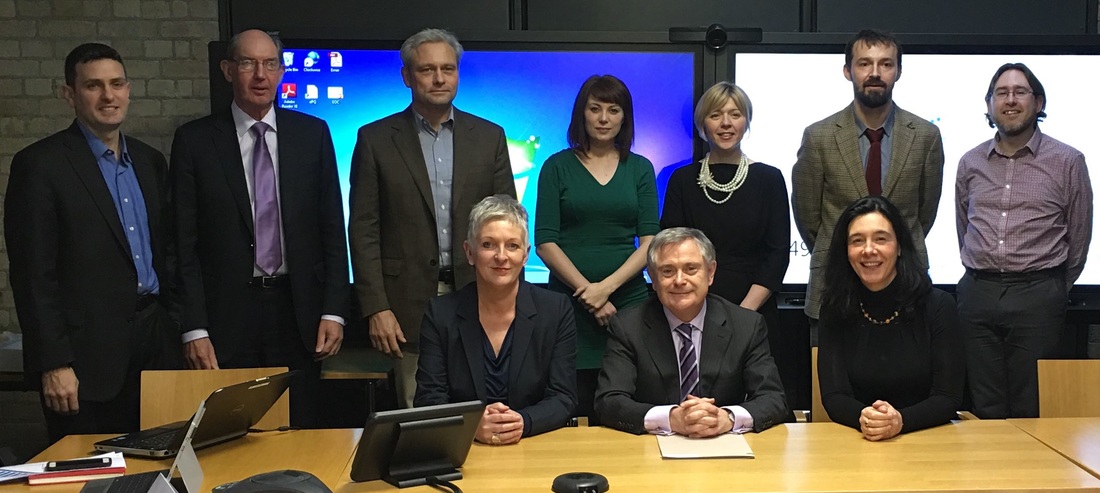

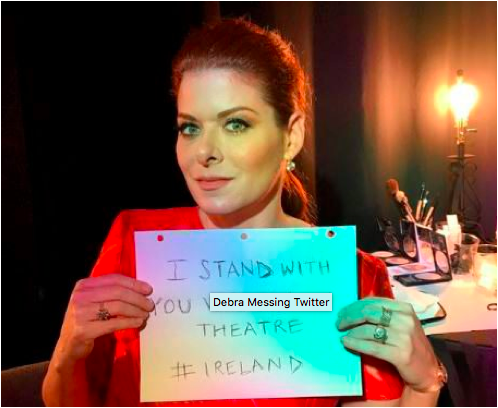
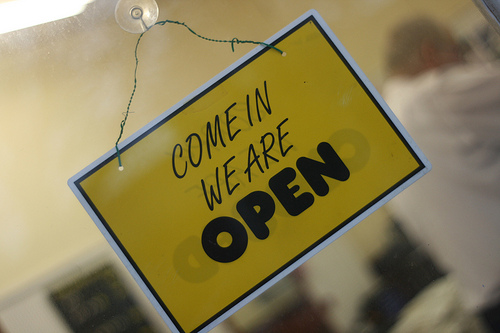

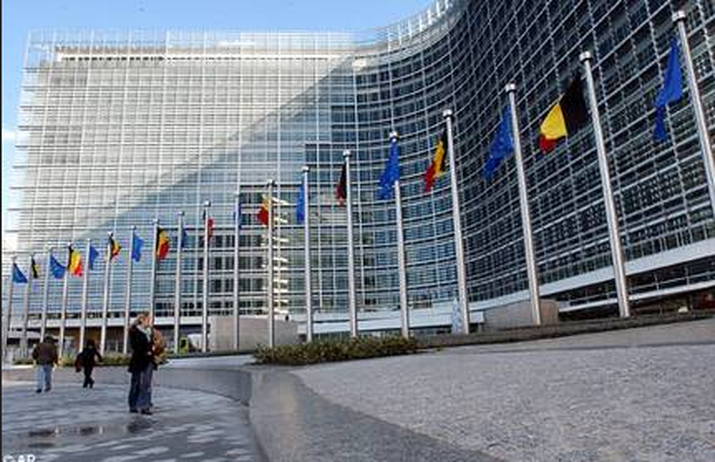
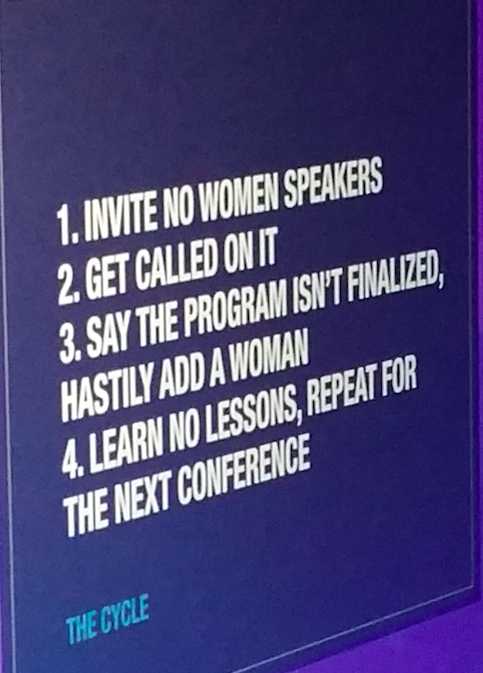
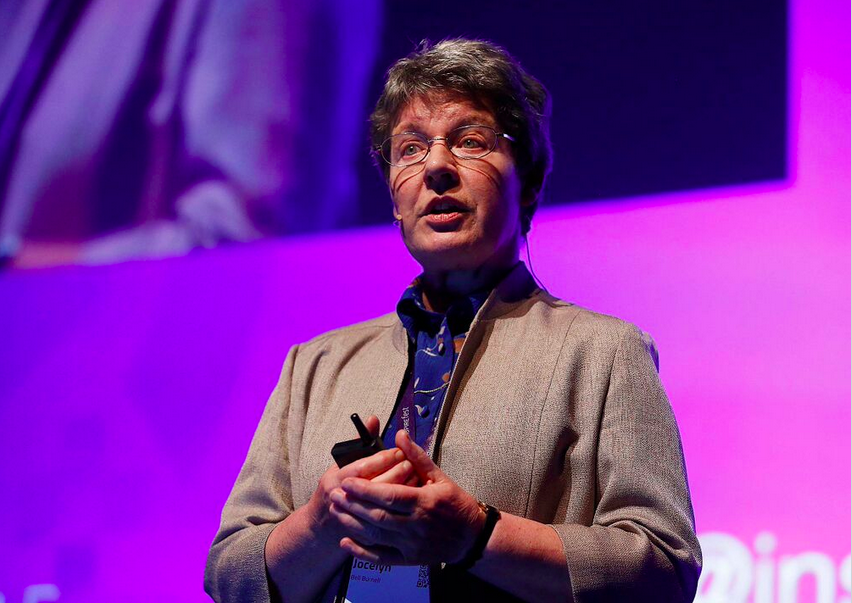
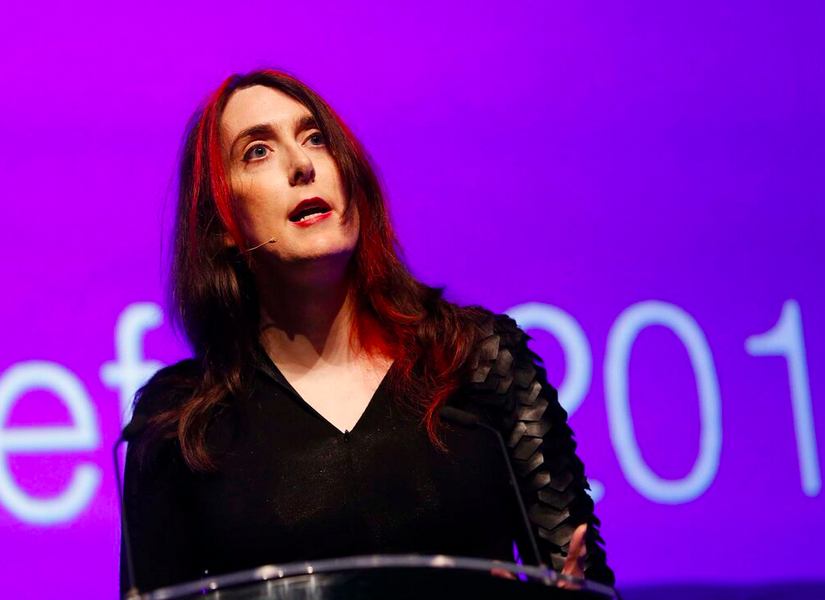

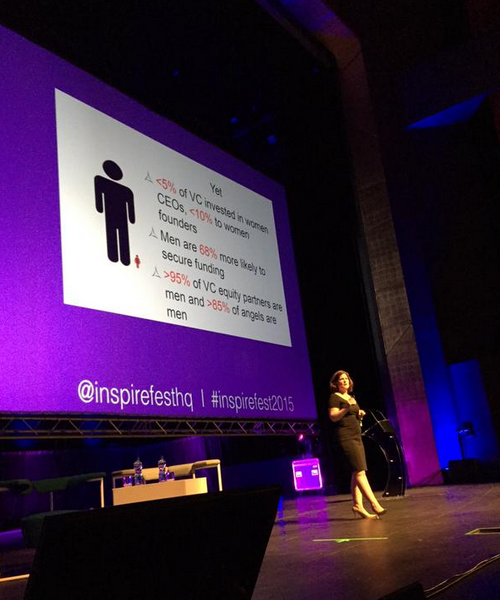
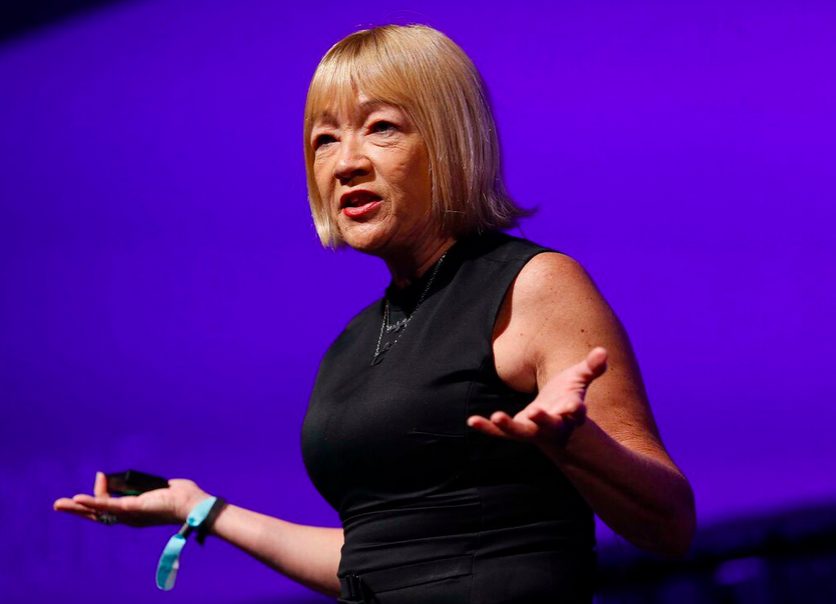
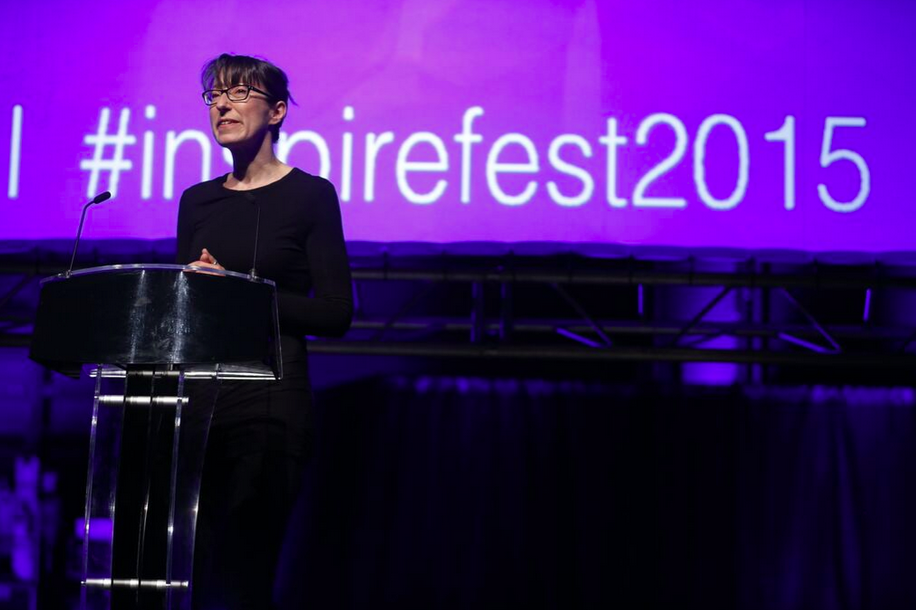
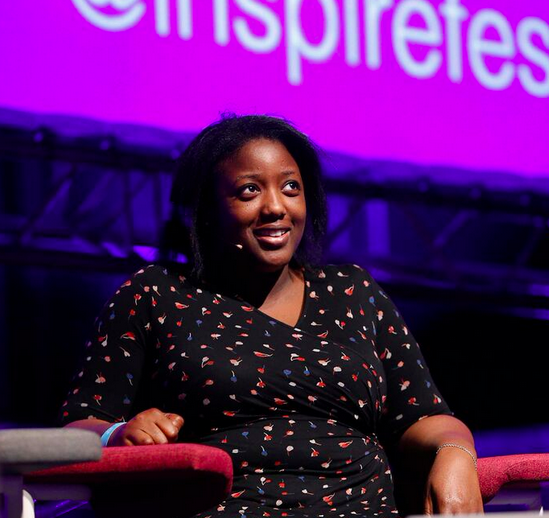
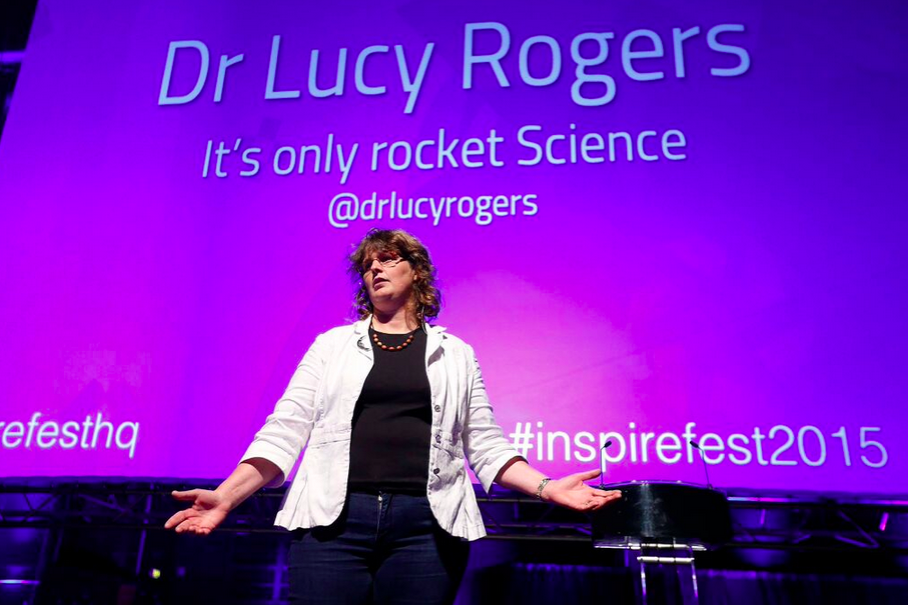
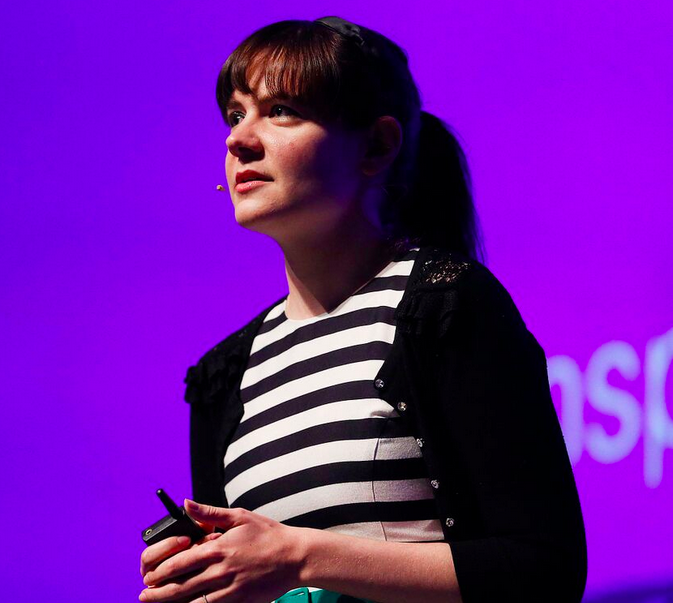
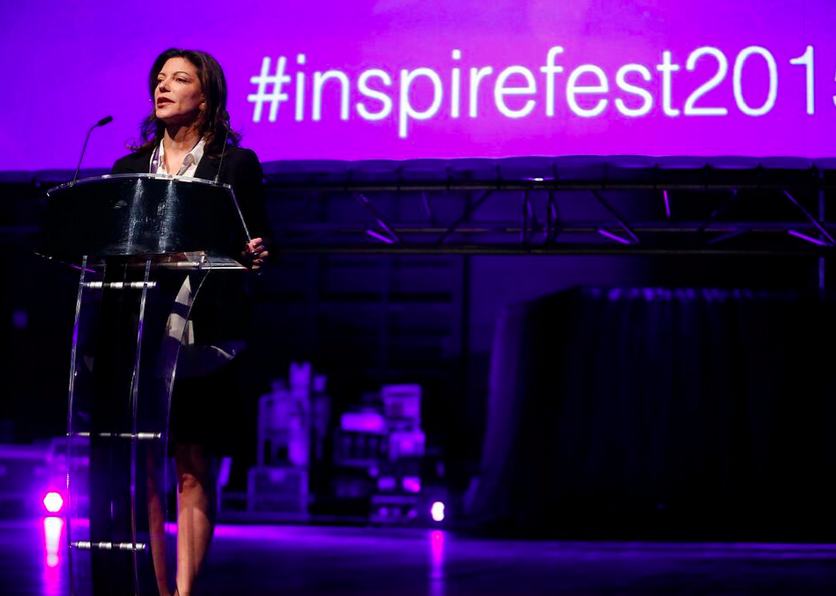
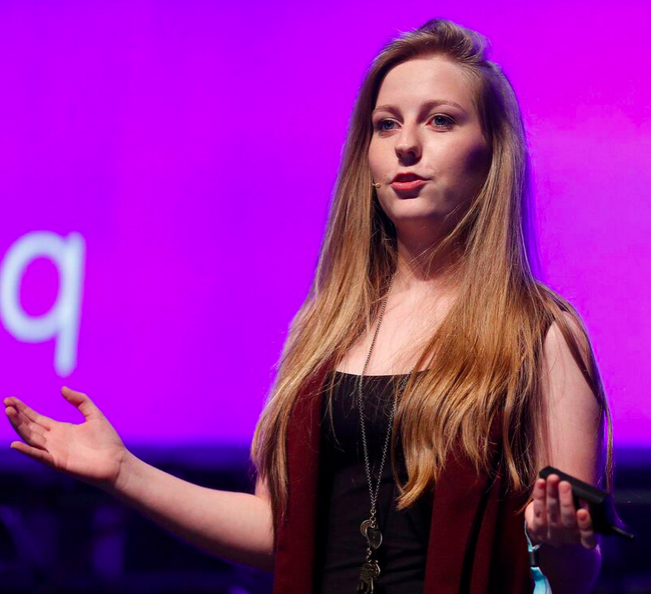
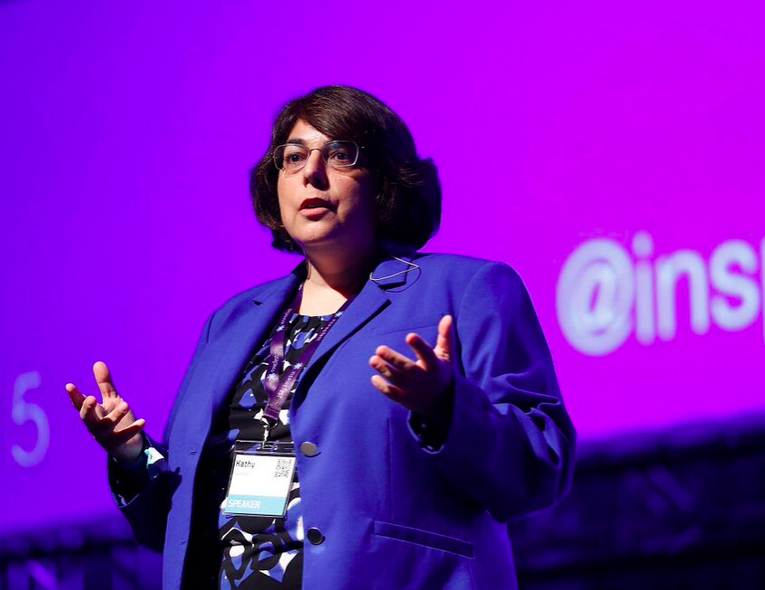
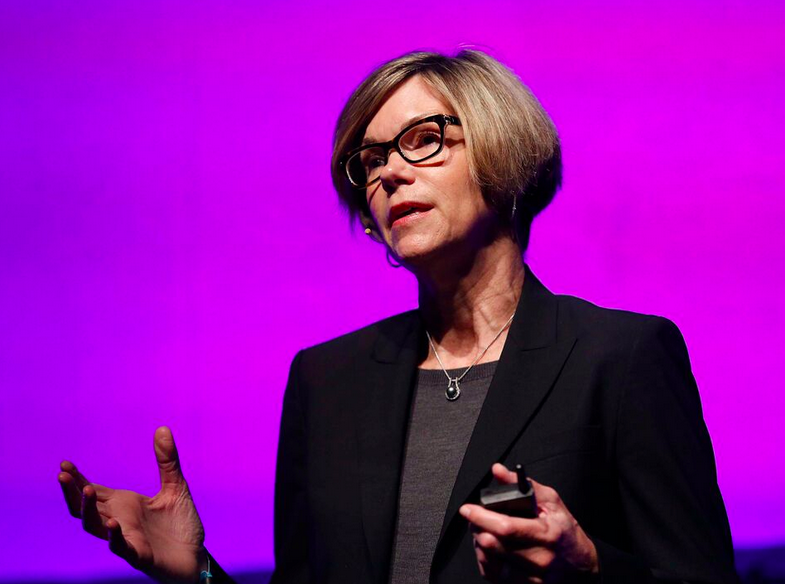
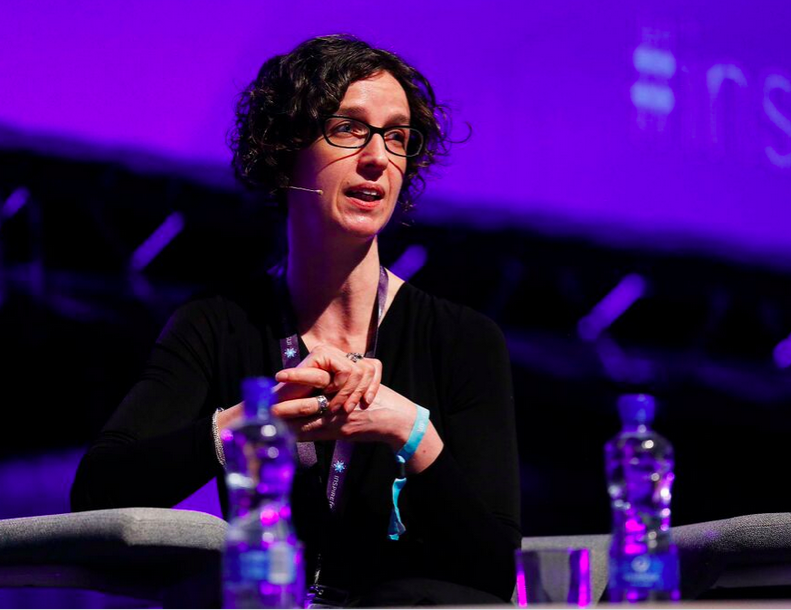
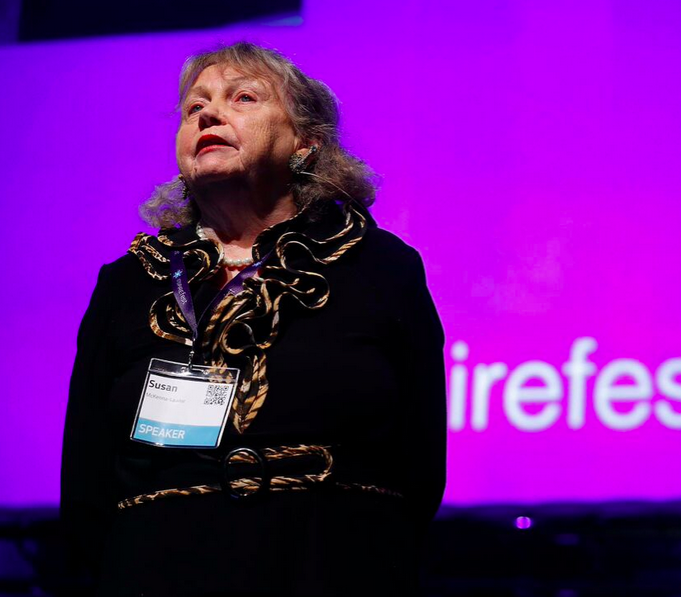
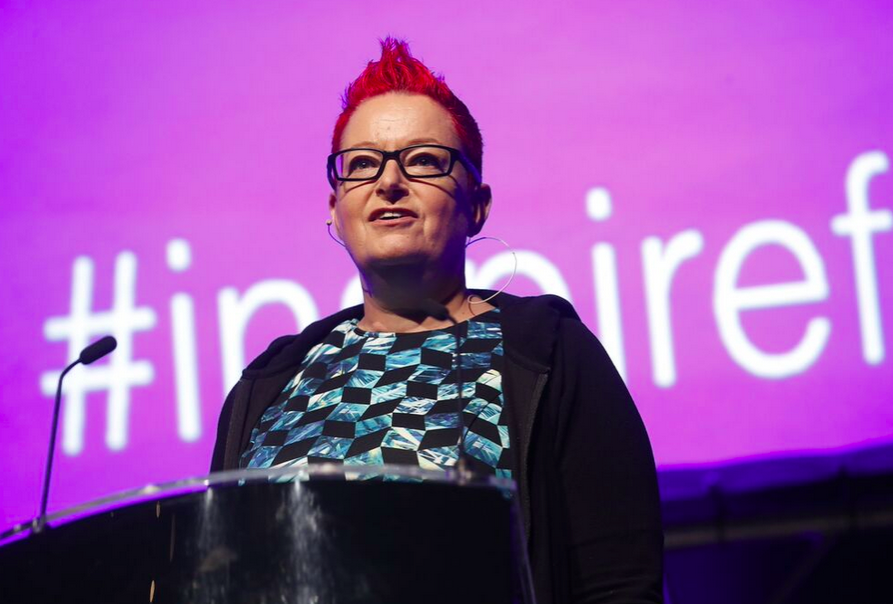
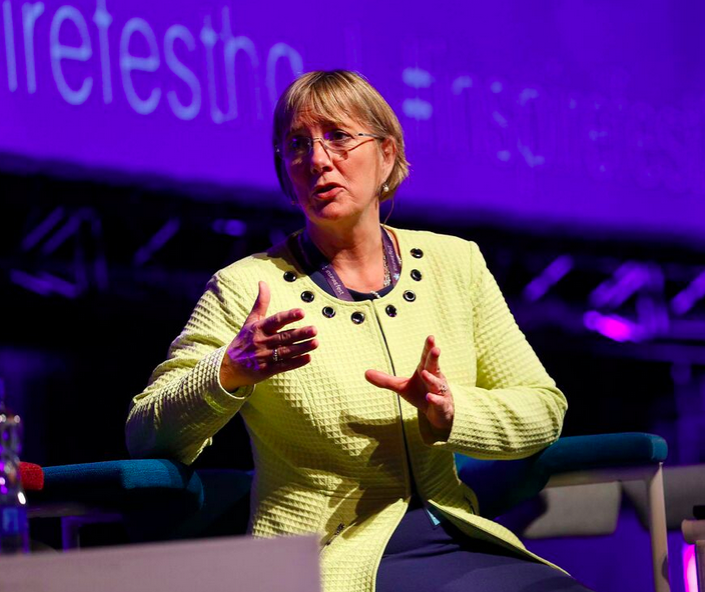
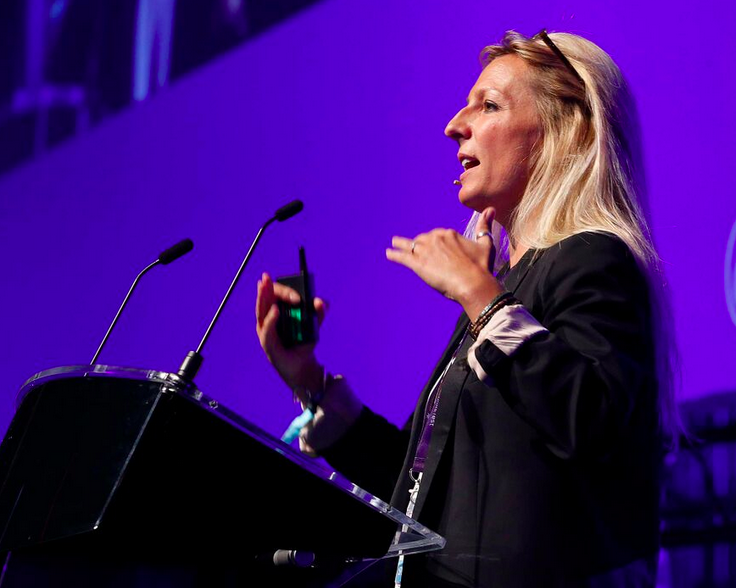
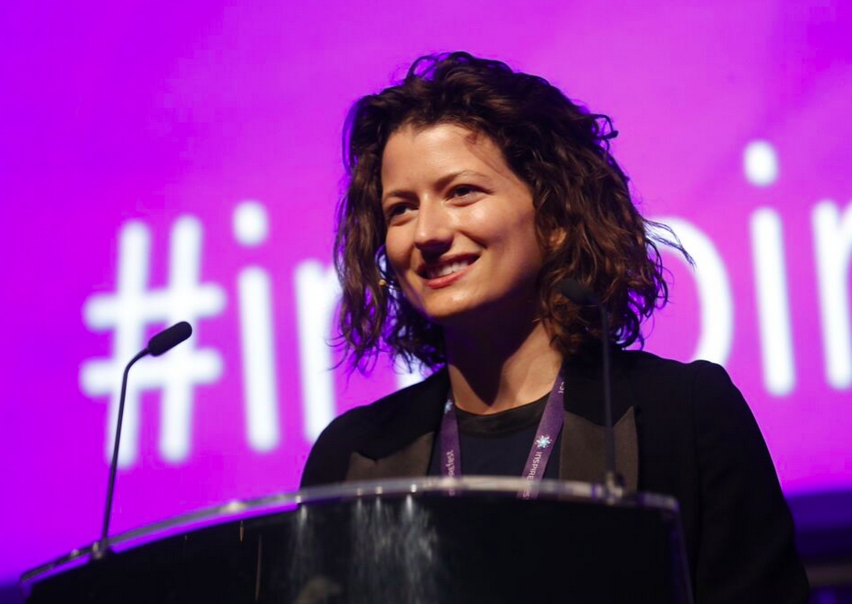
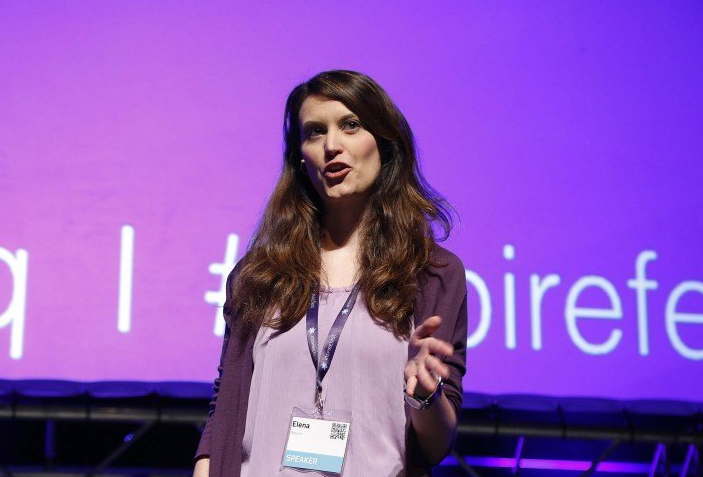
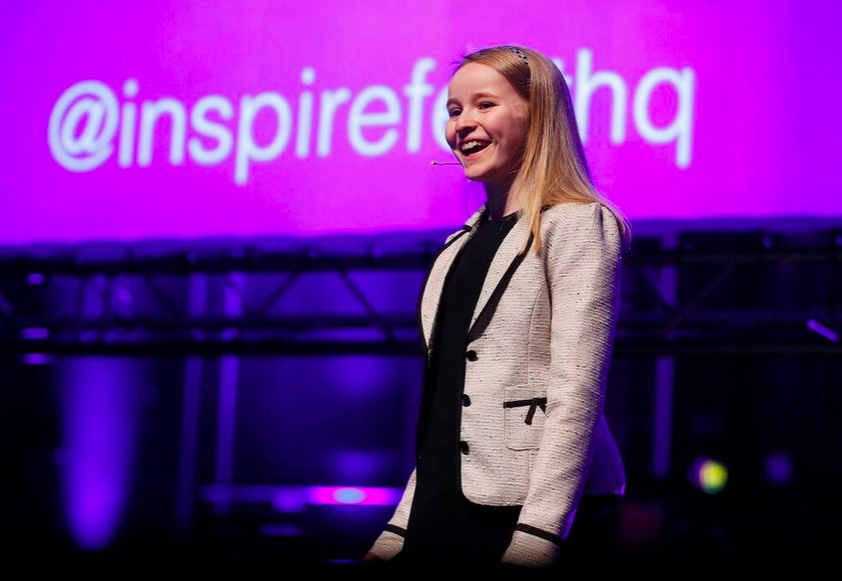

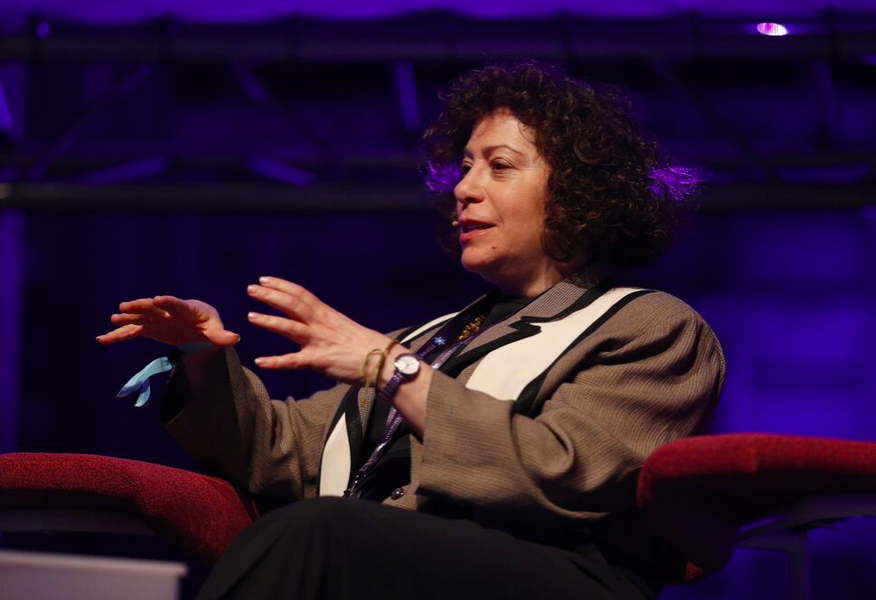
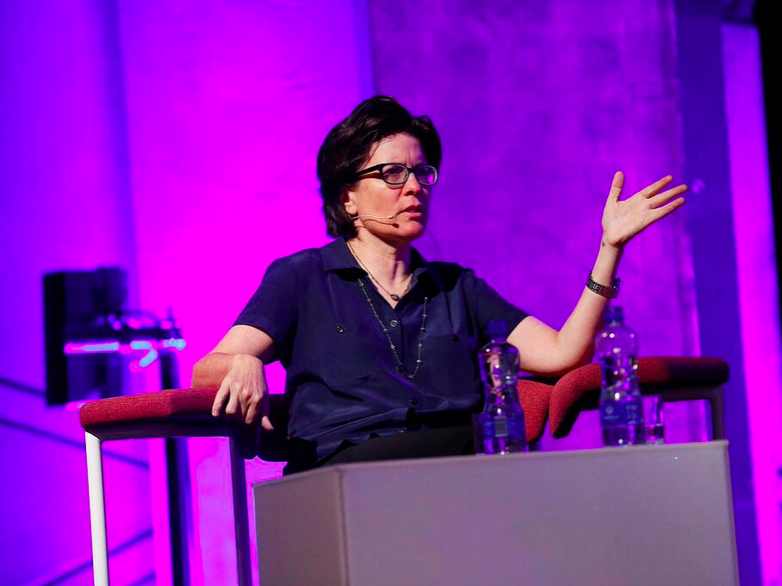
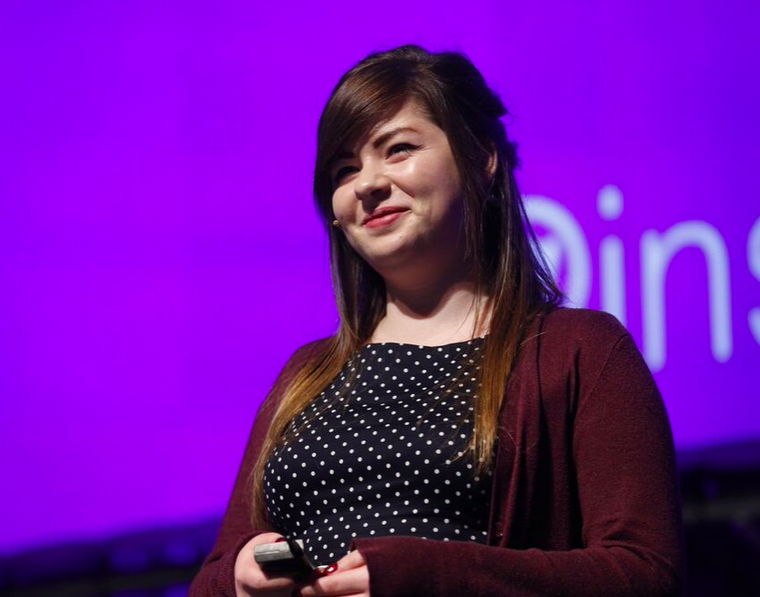
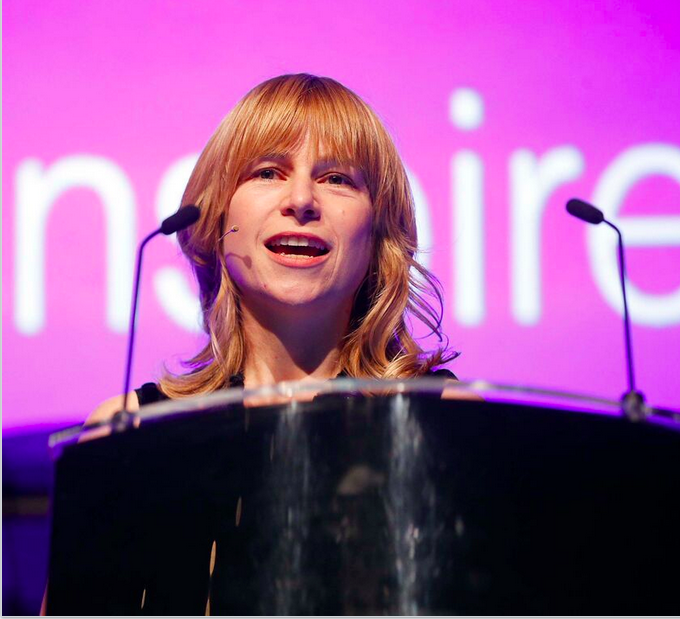
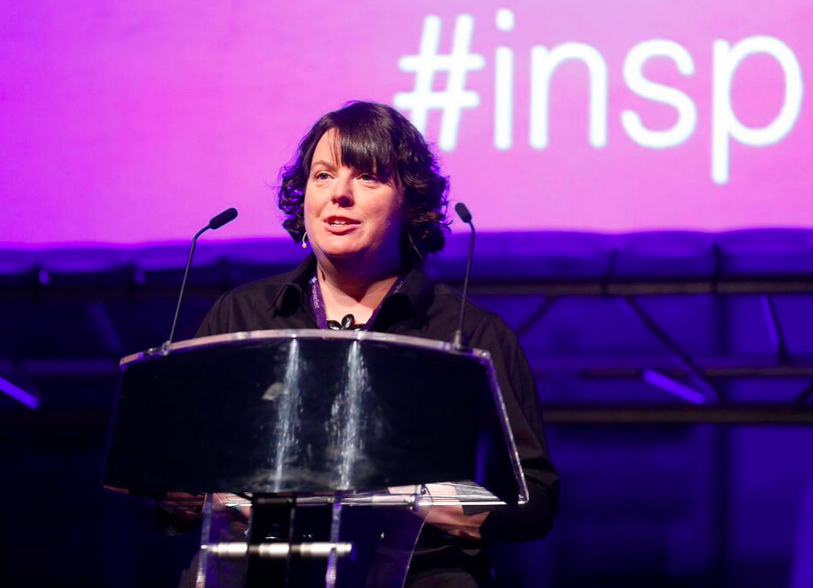
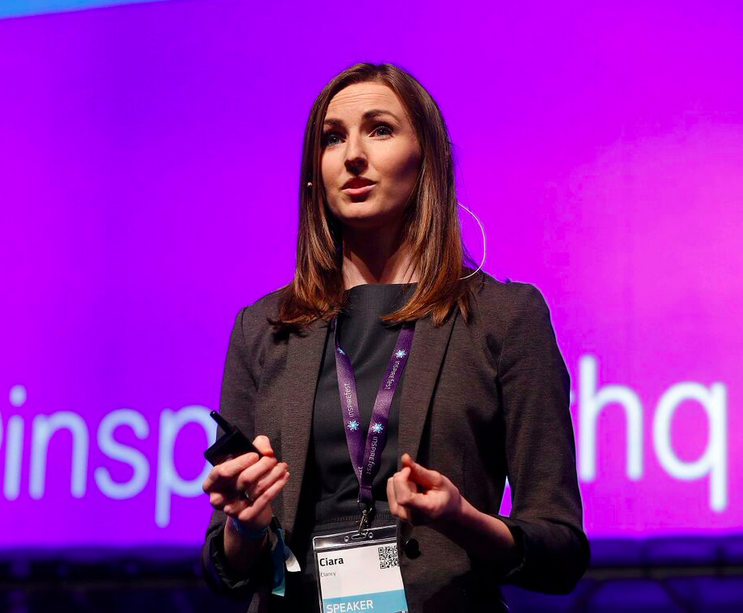
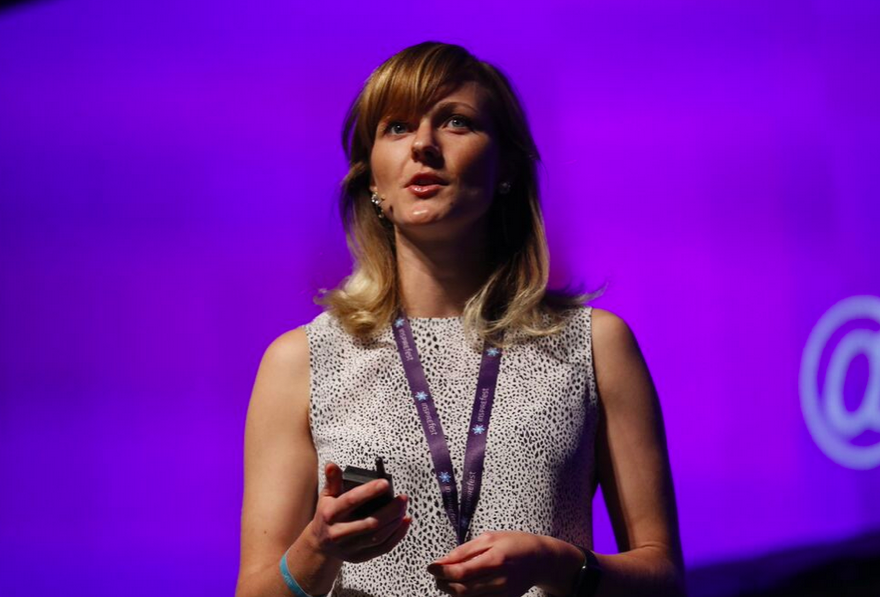
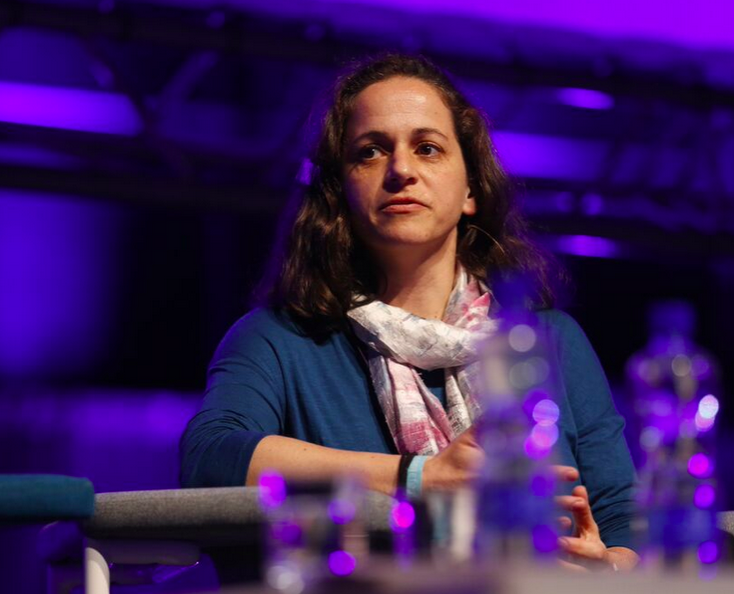
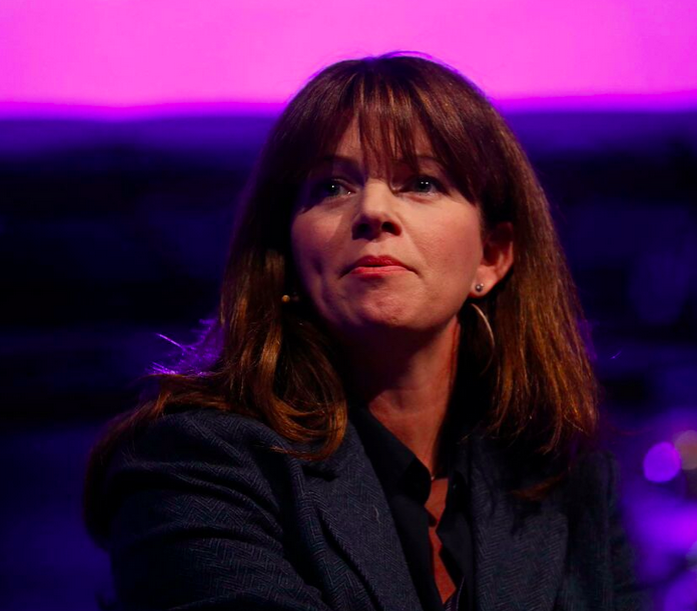
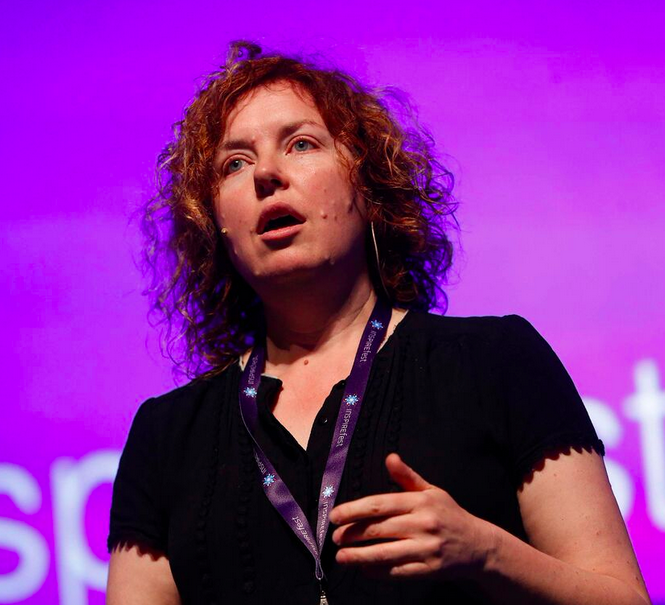
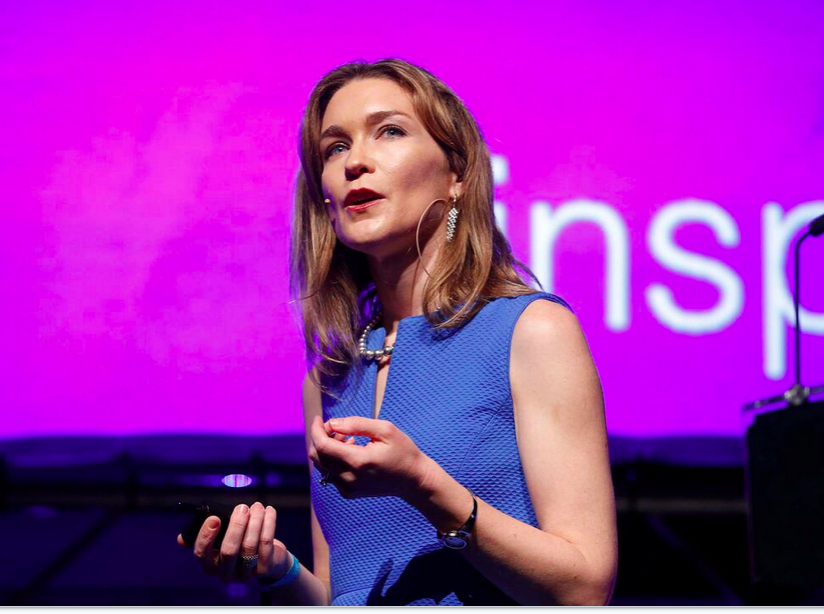
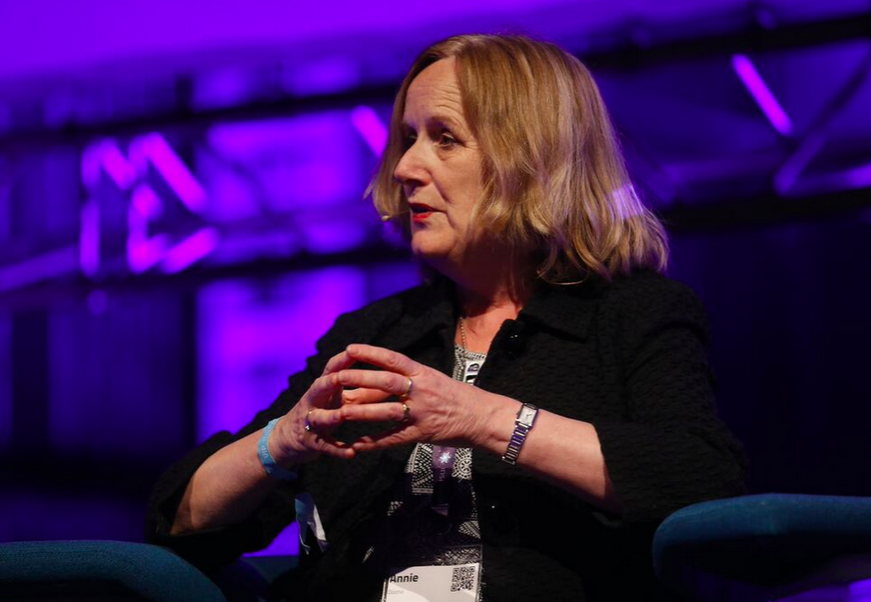
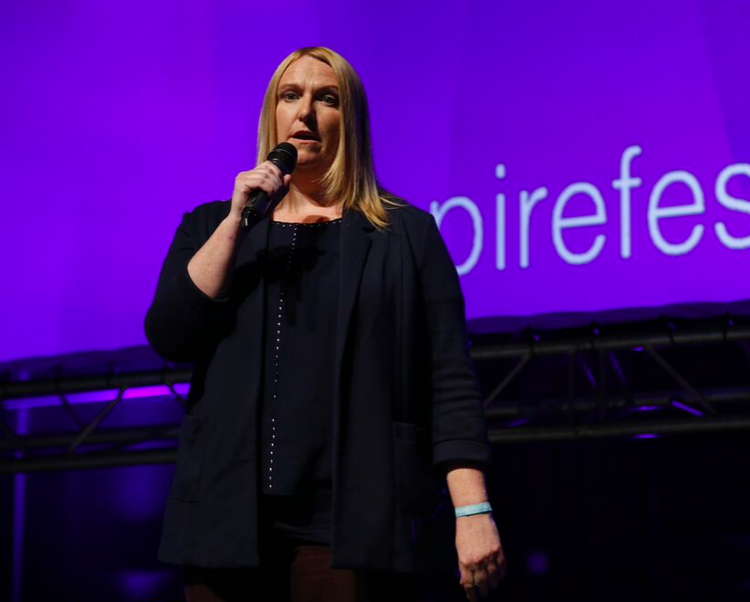
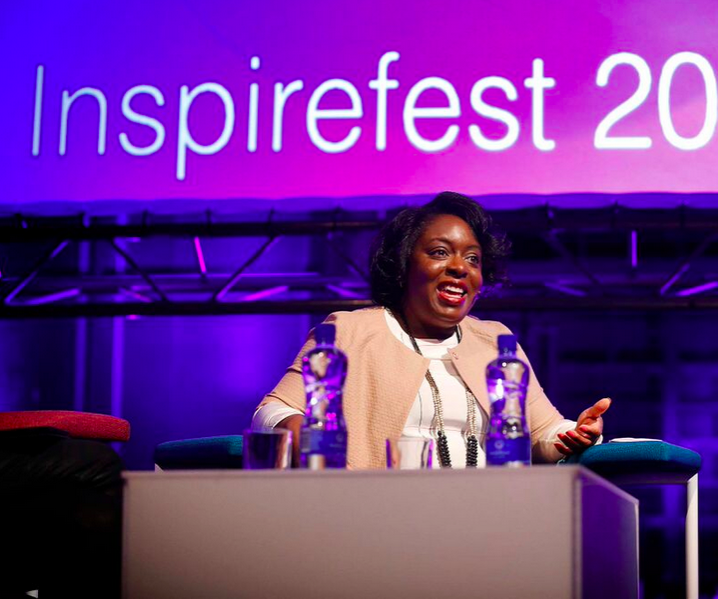
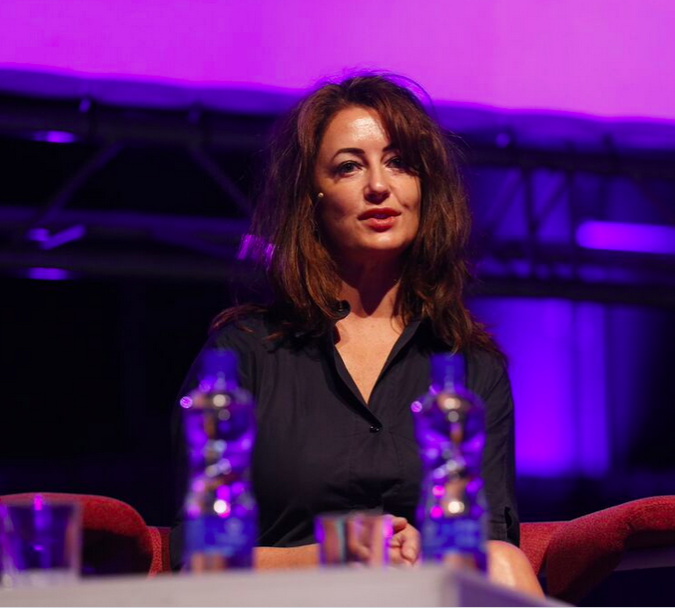
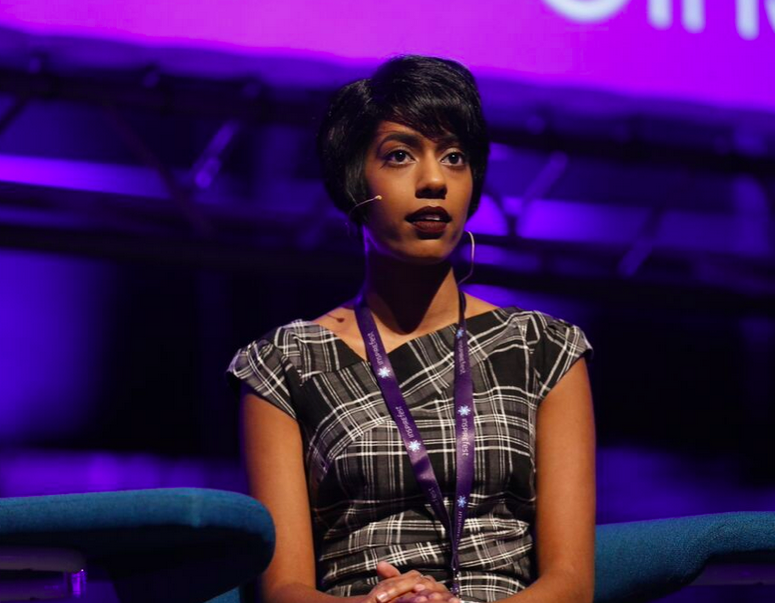
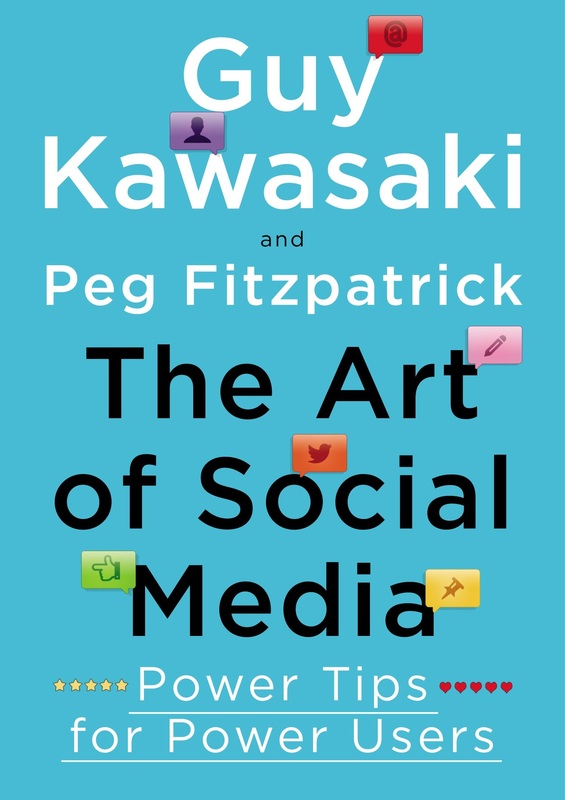
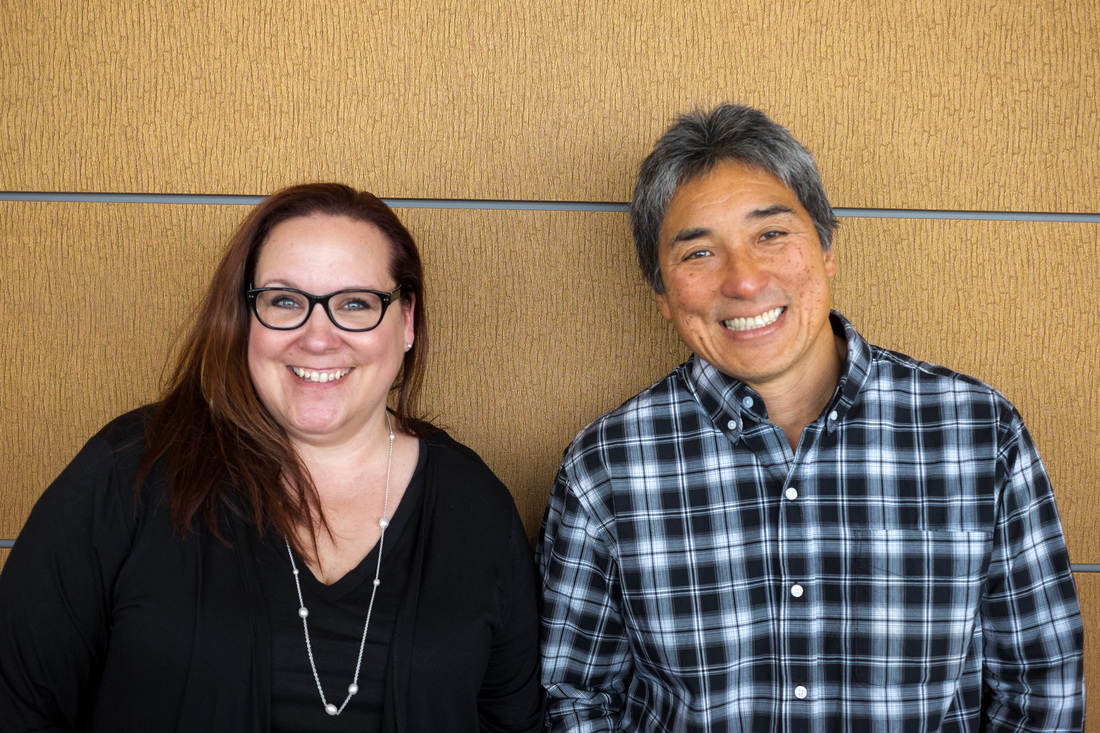
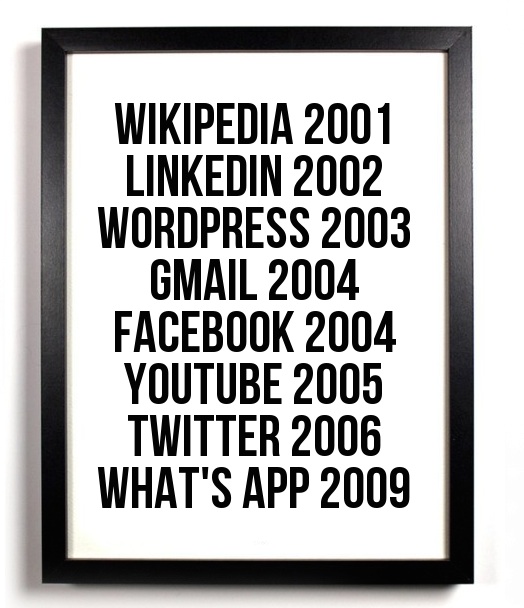
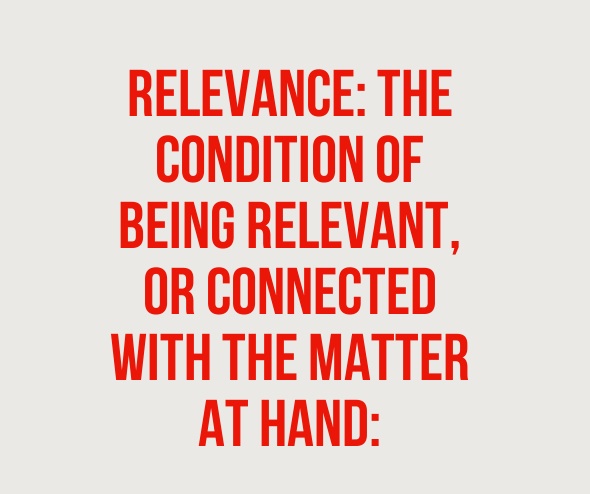
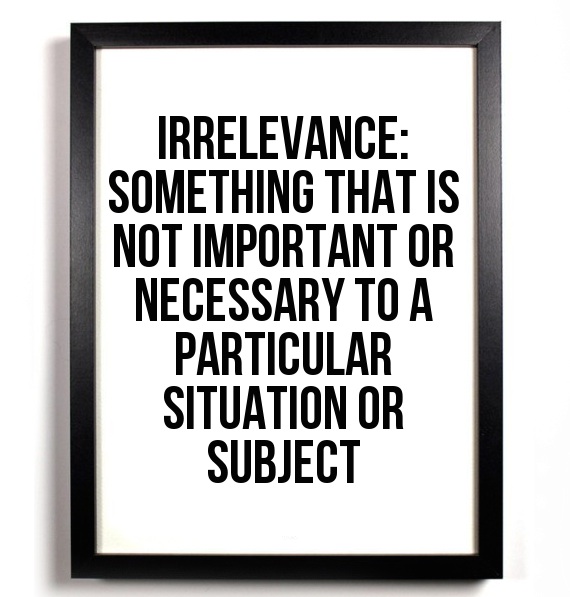
 RSS Feed
RSS Feed